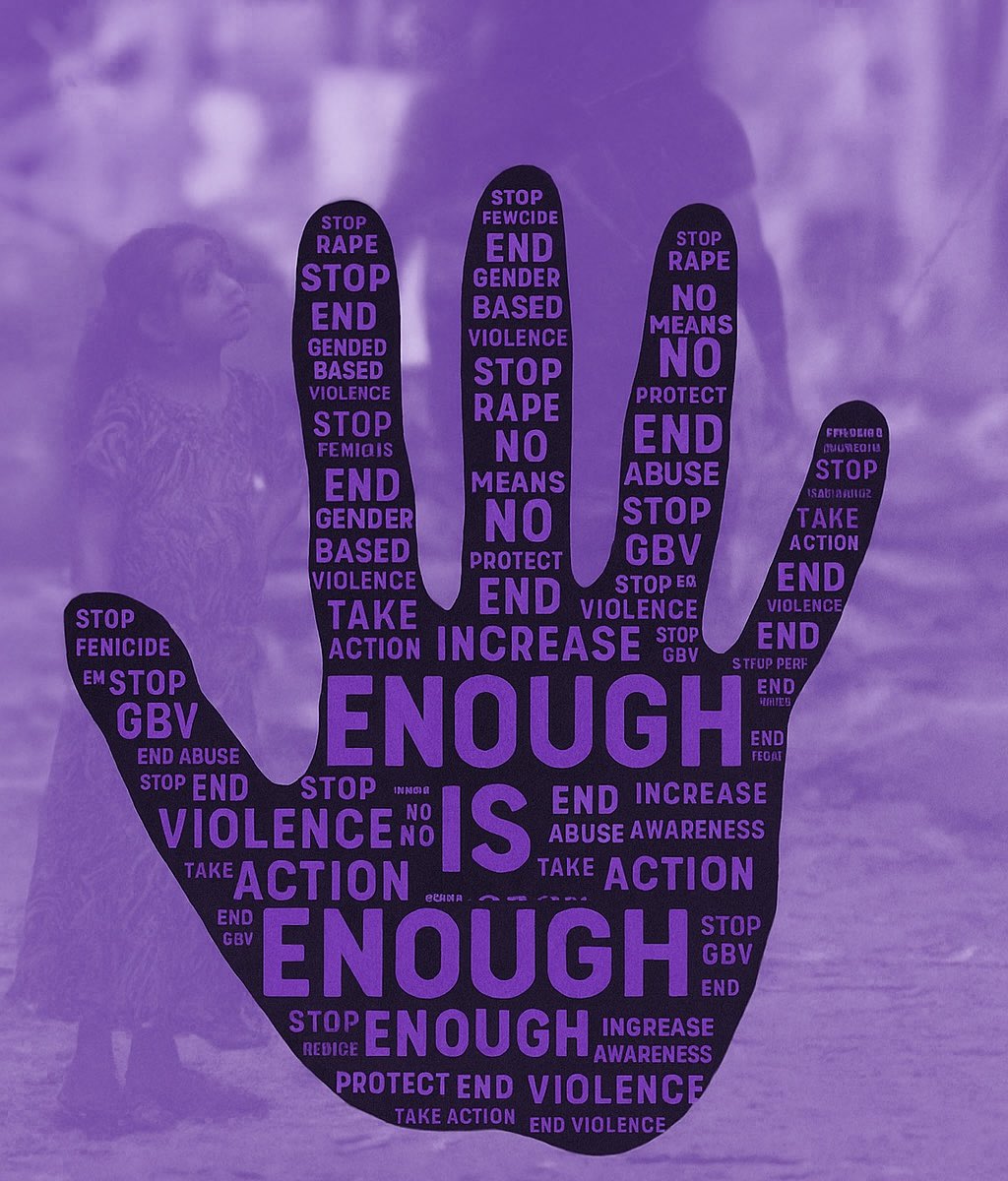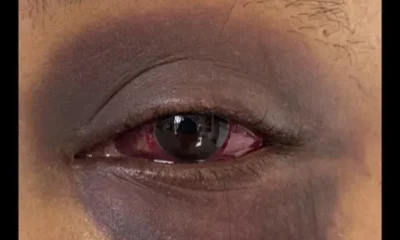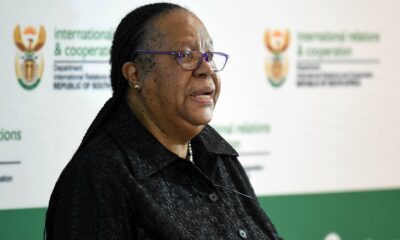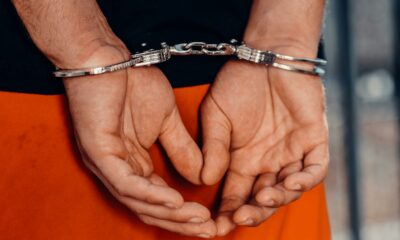News
Beyond the Purple Profile Picture: Turning Online Solidarity into Real Action Against GBV

Beyond the Purple Profile Picture: Turning Online Solidarity into Real Action Against GBV
If you’ve been scrolling through social media lately, you’ve probably noticed a flood of purple profile pictures, from your best friend to that old classmate you haven’t spoken to in years. It’s not a random colour trend. It’s a collective cry for justice.
The movement, led by Women For Change, is calling on South Africans to do more than just post, they’re demanding that Gender-Based Violence and Femicide (GBVF) be officially declared a National Disaster. This is not a symbolic plea; it’s a desperate call for a government-level response to what has become one of South Africa’s most persistent and devastating crises.
Why Purple?
The purple profile pictures are part of a digital campaign urging solidarity with survivors of GBV. The colour symbolises both mourning and resistance, representing the bruises, pain, and strength of those affected. But as many activists have pointed out, awareness alone doesn’t end violence, action does.
From Profile Pictures to Protest
On November 21, Women For Change is mobilising women and LGBTQI+ individuals across the country to participate in a national shutdown. The message is clear: stop everything, work, spending, and production, for one day to show the economic and emotional cost of gender-based violence.
Those unable to physically join can still take meaningful steps:
-
Sign the Petition: Add your name to the call to declare GBVF a National Disaster. This petition demands that government prioritise GBV funding, implement the National Strategic Plan on GBVF, and push forward the National Council on GBVF Bill of 2024.
-
Join the 15-Minute Standstill: At 12 p.m., South Africans are encouraged to lie down for 15 minutes, honouring the women and girls who lose their lives to gender-based violence every day.
-
Wear Black: A visible show of mourning and defiance against a system that continues to fail victims.
The Numbers That Can’t Be Ignored
A 2024 study paints a horrifying picture:
-
33.1% of women aged 18 and older, that’s roughly 7.3 million South African women, have experienced physical violence.
-
9.9% have survived sexual violence, translating to about 2.1 million women.
-
GBV rates are highest among Black African women, particularly those in cohabiting (but unmarried) relationships.
-
Even more troubling, women aged 35 to 49 face higher risks of violence than older women.
These numbers aren’t just statistics. They represent neighbours, colleagues, friends, and family.
A Nation Still Waiting for Change
South Africa has some of the most progressive gender rights laws in the world but the reality on the ground tells another story. Many survivors report delayed justice, poor policing, and underfunded shelters. Despite national outrage following the deaths of women like Uyinene Mrwetyana and Tshegofatso Pule, GBV continues to claim lives at an alarming rate.
Declaring GBV a National Disaster could unlock emergency resources, compel faster legal responses, and ensure sustained funding for prevention programmes.
Social Media’s Double-Edged Sword
Platforms like X (formerly Twitter), TikTok, and Instagram are amplifying the purple wave but users are also urging each other not to stop there. Posts are circulating with messages like:
“Changing your profile pic is great, but talk to your sons. Support a shelter. Hold men accountable.”
That’s the new tone of activism: awareness that doesn’t end at the screen.
Beyond Awareness, Toward Accountability
The truth is, South Africans are tired. Tired of hashtags that fade. Tired of vigils that end with no arrests. Tired of a justice system that too often fails victims.
This year’s purple movement is different because it asks: What now?
If you’ve already changed your profile picture good. It means you care. But caring must become commitment. Talk to others. Educate yourself. Volunteer. Donate. March. Sign. Refuse to look away.
Because until every woman and child feels safe in her own home, South Africa’s fight against GBV isn’t over.
{Source: IOL}
Follow Joburg ETC on Facebook, Twitter , TikTok and Instagram
For more News in Johannesburg, visit joburgetc.com



























